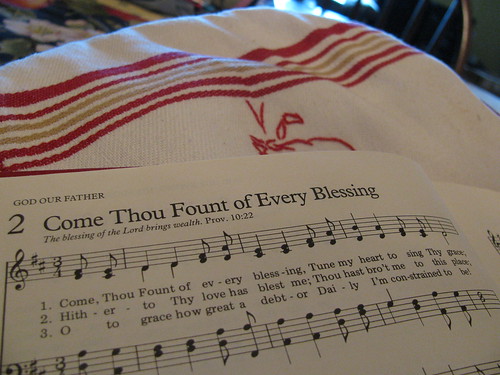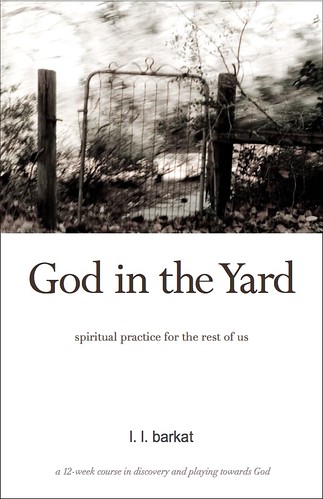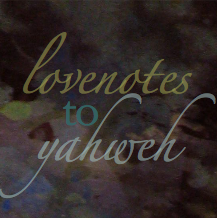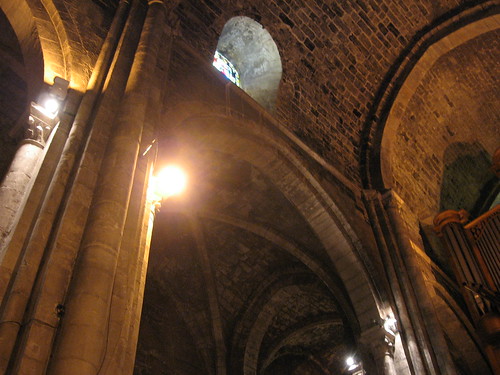In Hymns

A long time ago, the girls and I would sit on the couch together and learn hymns. Somewhere along the line we stopped. Not sure why.
Recently, Sara told me she misses those times.
So this Sunday, I began a revival of the practice.
It fits very nicely with my focus for this year: music. And we are going to learn about the background of the hymns too.
We began yesterday with Come Thou Fount of Every Blessing. Sonia, my Littlest, sweetly researched the writer's life. We learned that Robert Robinson began as a barber; became a minister in Cambridge, England; wrote this hymn to go along with a sermon; and later fell into spiritual struggle and sorrow.
One day, many years after composing the hymn, Robinson met a woman in a carriage, who was humming his song. She asked how he liked the hymn. He began weeping and said, "I would give a thousand worlds, if I had them, to enjoy the feelings I had then."
Sonia also introduced us to John Wyeth (born in Cambridge, Mass), who added Robinson's hymn to a collection called the Repository of Sacred Music (which sold about 150,00 copies!). I couldn't help thinking how Robinson's words and music still made (and continue to make) an impact despite his difficulties. Maybe we are all like that, in our way.
The girls and I also looked up fountain in the Dictionary of Biblical Imagery. We read all the scriptures referenced and marveled about how Jesus is a "fount" because he is Wisdom itself (also called a "fountain" in Proverbs).
Our time together was so rich. Sonia even looked up the etymology of the word "fount," and it made me smile to know that it comes from the French verb "fondre," which means "to melt."
After all, I did my own share of melting as we sat together, learning, reading, and singing.
Labels: Come Thou Fount, family, hymns, music, Robert Robinson, spiritual practice















